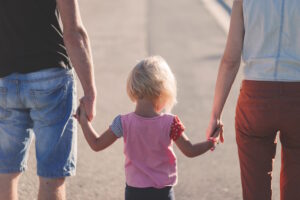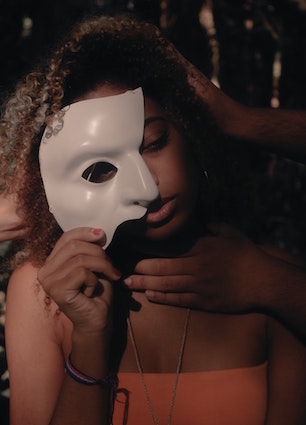Social work that makes a difference:
All of us in the world of social work came into it to make a difference in the lives of children or adults that are vulnerable at risk or in need. So often the media shouts about the cases that didn’t go well, where despite upteen visits and interventions, a child tragically died, or was abused multiple times, such as Arthur Labinjo Hughes and Star Hobson.
Public image
These examples tend to depress the public image of social work and discourage practitioners, especially when the same lessons appear to be repeated in the subsequent learning review afterwards. Lessons such as not enough information sharing, not hearing from the child, overworked social workers, critical signs of abuse missed etc.
Inspiring change
But, we also all know amazing cases where social work made a huge and critical difference. Cases which save lives, prevent abuse and harm, and help young people reconstruct their lives and leave care as successful young adults. A good social worker is worth their weight in gold. That can also be said exceptional foster carers and managers. They matter and they make a real difference.
Thank you!
I remember the tears starting to well up when, at a social work gathering of 200 frontline staff, a care leaver gave a speech thanking us as a profession. She recounted how as a young child she had watched the social workers coming to her house and facing her father. She knew that he was a very intimidating and aggressive man. Eventually the workers took her into care. She knew how intimidating her father was, and she saw the courage that it took for a young social worker to broach those issues with him.
This reminded me of those many many times I had knocked on doors and faced the aggression and threats of violence from parents whilst children watched silently. Children have no voice. So this was the first time a young person had actually said thank you on their behalf, or publically valued the work we do together.
Domestic abuse
We all have the memories of those children to whom we made a difference. I remember one young girl of 7 who lived with a violent father of a northern white working class family on a child protection plan. I went around to speak to see the family and I found his wife. She told me all about the drinking and violence that she had experienced from him in the past and was still experiencing.
I made an appointment to see him the next week, and we talked about it. He wasn’t too pleased, to say the least! But as I started to talk about the impact on his child, he started to listen. Then he started to ask me if I thought his daughter was experiencing what he’d seen on those NSPCC domestic violence awareness adverts on TV. He then started to tell me about his own traumatic childhood abuse from extremely violent parents. He began to see how he was causing his own daughter to live out this childhood trauma.
The next time I went back round, his sister was there, and together they poured out their childhood experiences. Over several sessions this man began to process his own abuse and his own actions as a husband and father. The violence stopped, the fights stopped, his drinking calmed right down and this man changed. Within 6 months her name came off the child protection plan and never went back on.
Victims of sexual harm
I remember working with a young mother who had started a relationship with a registered sex offender. She had lied to everyone about it, but was found out. He had convinced her that the convictions were all lies and that he posed no threat.
After a series of sessions with them both nothing appeared to change. I then spent several sessions with her alone working on understanding her relationships, boundaries and vulnerability. This time she started to talk about herself and her own childhood abuse, her first violent marriage, and her relationships. I told her that she was one of most vulnerable women I had ever met as a social worker. This really struck her and she began to reflect on it.
The more she reflected on this the more she began to see how her past abuse had disabled her emotionally. She saw how this guy had been drawn to her vulnerability for his own ends. She finished up by quitting the sex offender. The young mother built up her self esteem, began to impose boundaries with men. She then went back to college to get qualifications for herself. Her children came off the child protection plan and she finished up by successfully raising these children by herself.
We all know cases where were social work made a difference. What other examples do we see of great social work that has transformed lives?









